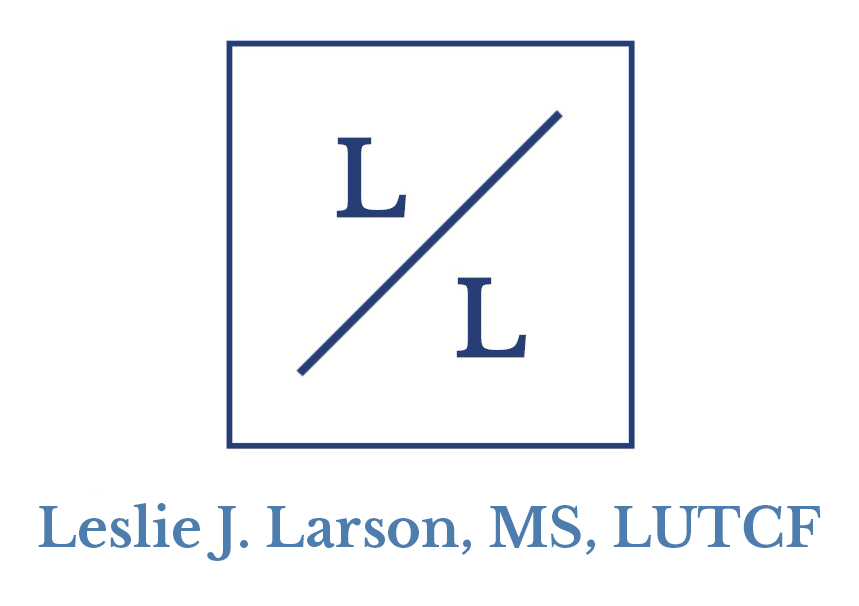If you are at higher risk for serious illness from COVID-19 because of your age or because you have a serious long-term health problem, it is extra important for you to take action to reduce your risk of getting sick with the disease.
First, Recognize the Symptoms
Before we go any further, make sure you are able to identify the telltale signs of Coronavirus. According to the Journal of the American Medical Association:
- 98% of patients have a fever
- 76% to 82% have a dry cough
- 11% to 44% experience exhaustion & fatigue
As hard as it may be, stay at a safe distance with people who you think are experiencing these symptoms. It’s also advised that if you would like to be tested for the virus, call a doctor first before showing up physically. This is because if you think you are infected, you may be putting yourself at risk with other people at the hospital or clinic.
Second, Understand How Coronavirus Can Spread
COVID-19, the disease that is caused by Coronavirus, can be spread in a few different ways. But as stated previously, person-to-person contact is the main contribution. People who are infected with COVID-19 can spread the disease to others through the viral particles that come from coughs and sneezes. These particles can land in the mouths and noses of people close by. Additionally, since the virus can also live on surfaces, it’s important to avoid touching your eyes, nose, and mouth.
Lastly, Know What You Can Do to Help Prevent It
Other than knowing what the symptoms are and how the can virus spread, there are still cautionary actions that you can do to fight against Coronavirus.
- Frequently wash hands: thoroughly wash your hands for 20 seconds with soap & water (or use alcohol-based hand sanitizers that contain at least 60%-95% alcohol.)
- Clean commonly touched surfaces: disinfectants that include ethanol, hydrogen peroxide, or bleach can “efficiently” inactivate Coronavirus.
- Get the flu shot: although it doesn’t get rid of COVID-19, getting the flu shot can protect you from getting pneumonia in case you were to get infected.
- Stay home as much as you can
- Inform people with up to date information about the virus
Be safe and stay healthy.
